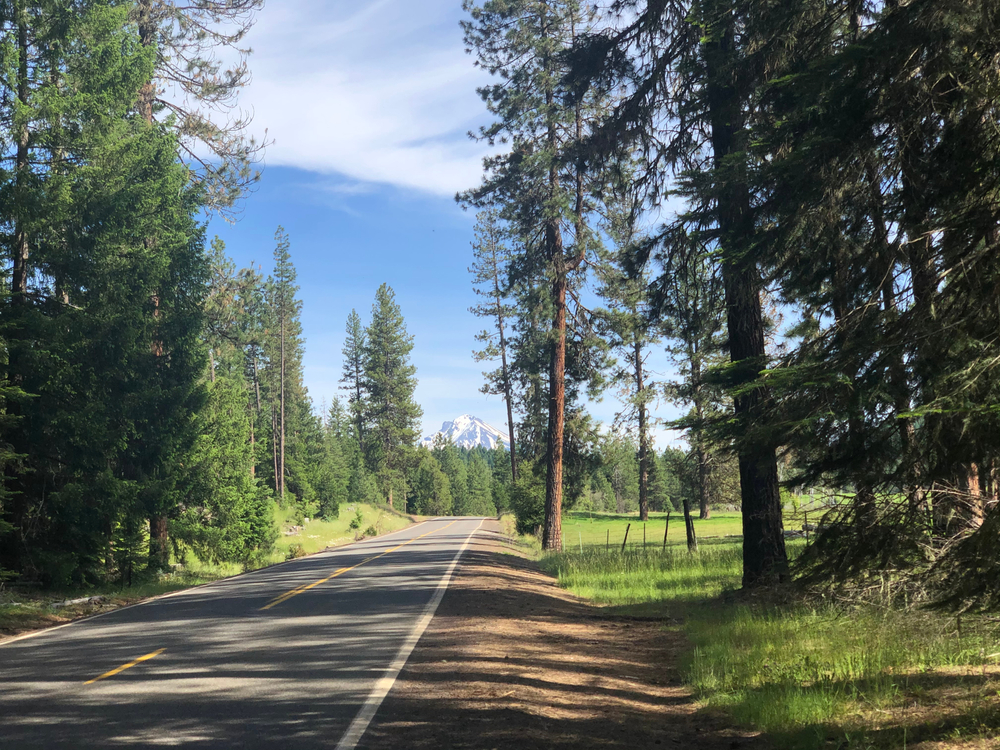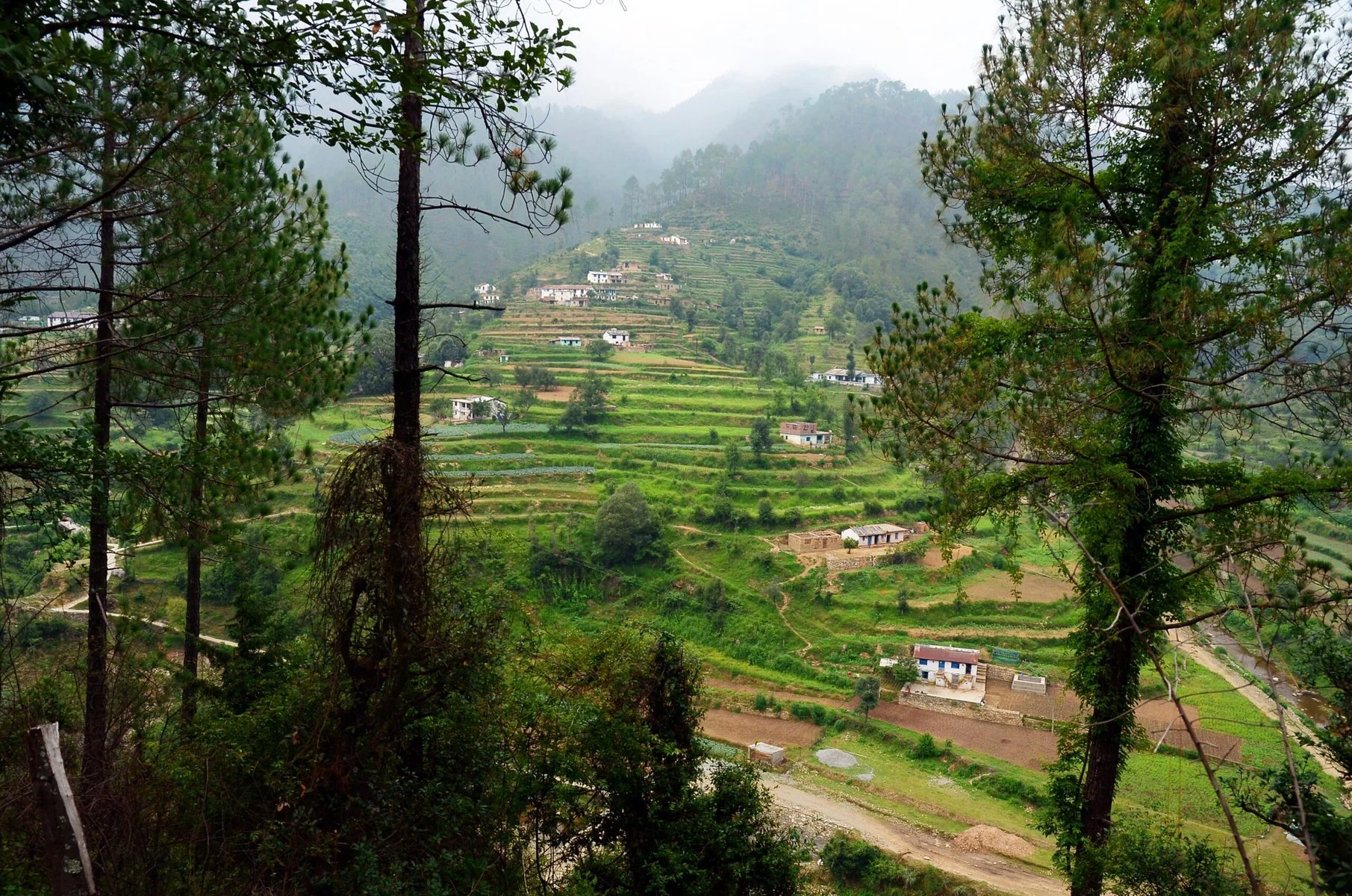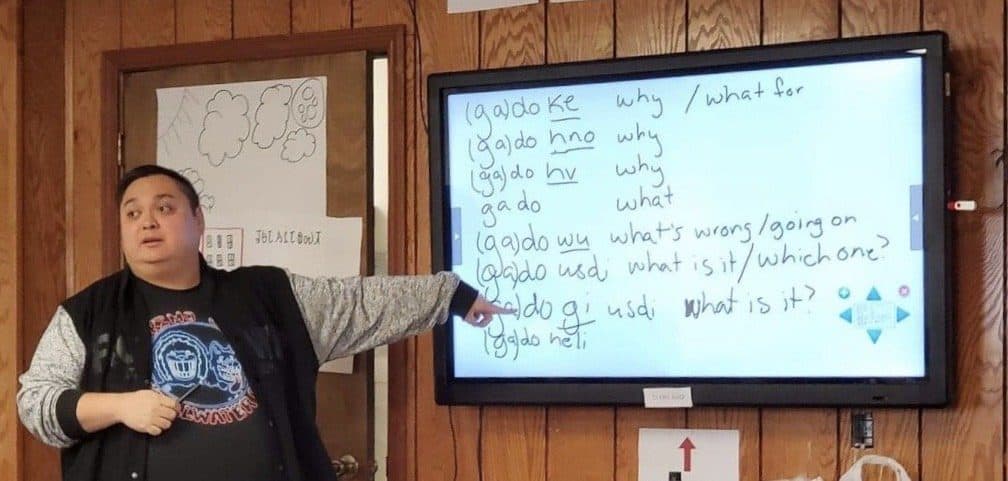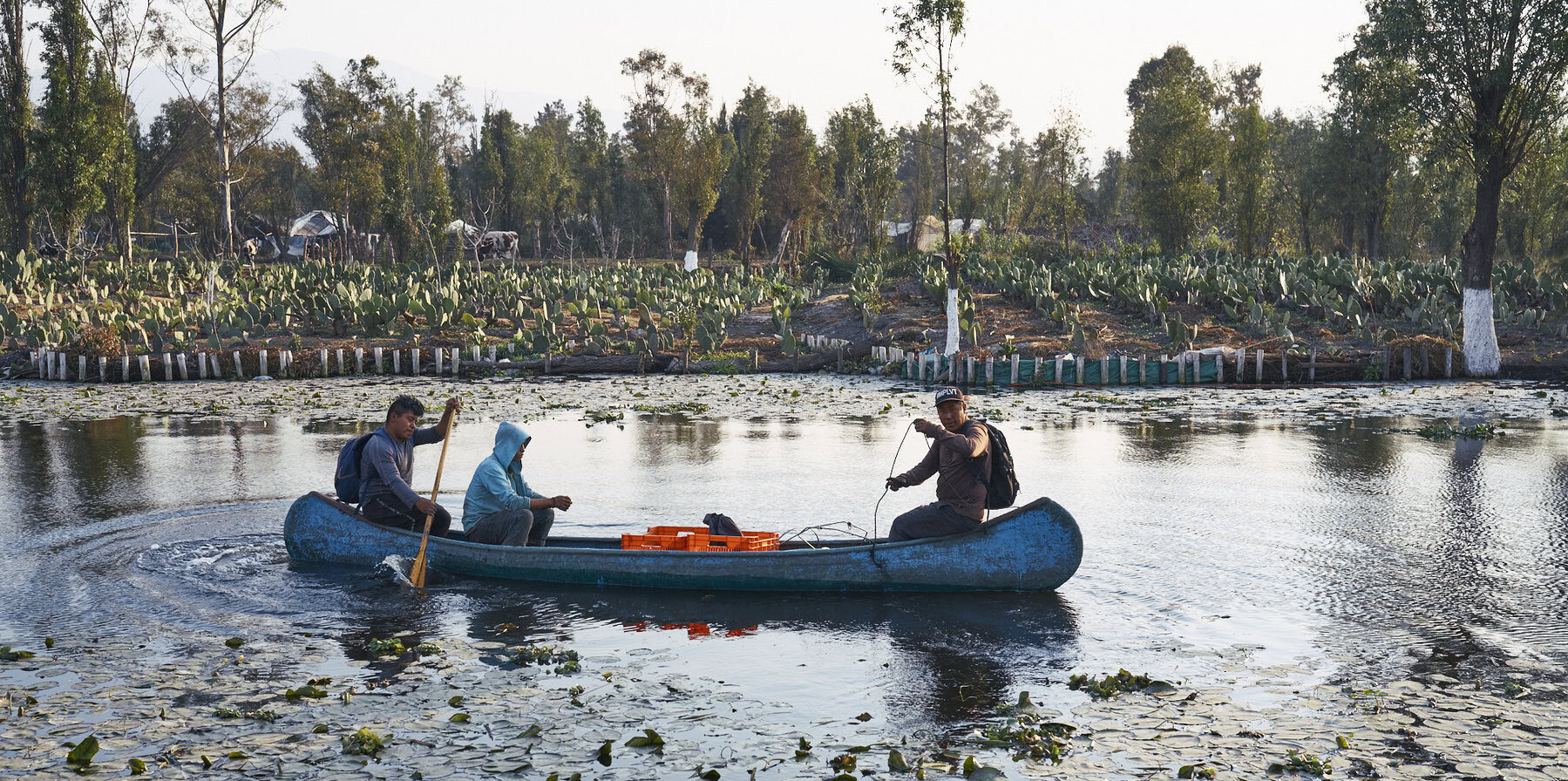Three great stories we found on the internet this week.
In the bag
This month, New Zealand became the first country in the world to ban not just the thick plastic bags found at grocery store checkout counters — those were banned back in 2019 — but the thinner bags typically used for fruits and vegetables, too. The new measure will prevent the use of an estimated 150 million plastic bags annually.
Customers can still put their produce in paper bags, but the goal is to eliminate single-use bags altogether. Of course, such a big shift won’t happen overnight, though some stores are selling reusable mesh bags to help things along. “We know change is hard and [it] will take them a little while,” said Catherine Langabeer, head of sustainability at supermarket chain Countdown. “We get some grumpy customers.”
Forest for the trees
The hamlet of Butte Falls, Oregon, has taken an unusual step to protect itself from climate-driven wildfires: buying the surrounding woodlands. The one-time logging town won’t harvest the trees; rather, the plan is to cultivate a biodiverse old-growth forest to help keep wildfires from reaching the community. The town also plans to reintroduce low-intensity prescribed burns to the landscape. And as an economic bonus, down the road, locals may develop a trail system to attract outdoor enthusiasts.

Though the project is small, it’s a strategy that could help other communities become more resilient in the face of climate disasters, too.
Read more at Inside Climate News
Feeding young minds
The nationwide movement to make school lunches free is growing: six states recently passed legislation for universal free meal programs. In Minnesota, a broad, women-led coalition campaigned passionately for the state’s program, which took effect at the start of July and makes school breakfast and lunch free to K-12 students, no matter their household income.
Weighed down by negative news?
Our smart, bright, weekly newsletter is the uplift you’ve been looking for.“As we see this unfold from one state to the next, I think it’s going to become even more clear that this is the obvious thing to do,” said Leah Gardner, policy director at Hunger Solutions Minnesota. “I think we’re hopefully going to see a change in philosophy around why this matters and start to see movement across the whole country.”










